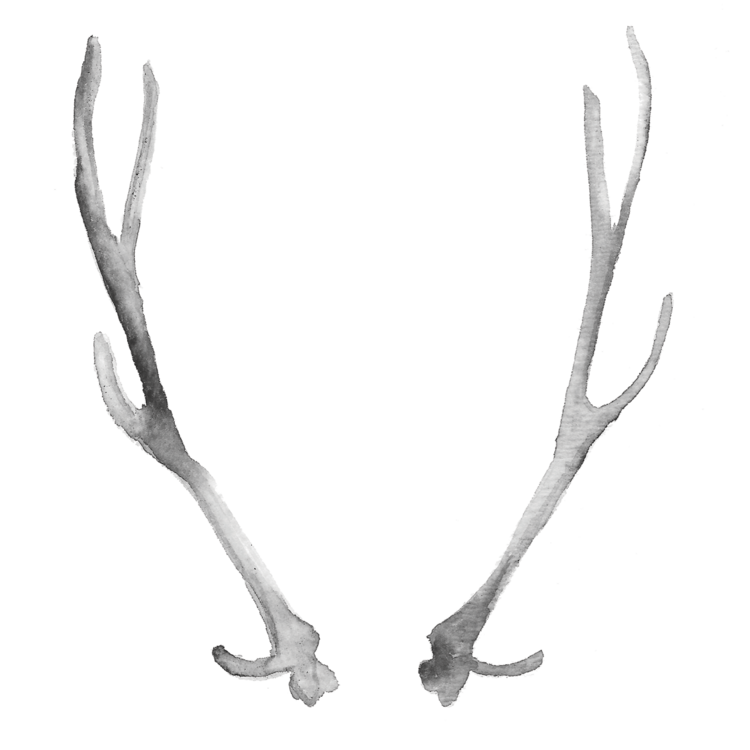For many, Puglia is a gateway to Greece, for me, it is a well-kept secret. The farther south I go, the more authentic the country and its people feel. The terrain differs vastly from that of the north. Clear, turquoise seas that hold secrets of legends and heroes, armies and conquerors meet a rugged and majestic coastline of grottoes and caverns. Wind-twisted pines, rosemary, juniper and sage thrive near the coast, while inland, the rich soil supports orchards, vineyards and groves and groves and groves of olives. In fact, most of the landscape is olive trees, some over 1000 years old.







Trulli look as if they are out of a storybook. Built at least as early as the 13th century, the whitewashed limestone walls and conical fieldstone roofs utilize local materials in such a way that mortar isn’t needed. One theory as to why mortar isn’t used is that the Trulli, considered substandard peasant dwellings, had to be easily dismantled in case of a royal visit.
The center of the Trulli District, Alberobello, has over 1000 of these buildings.





